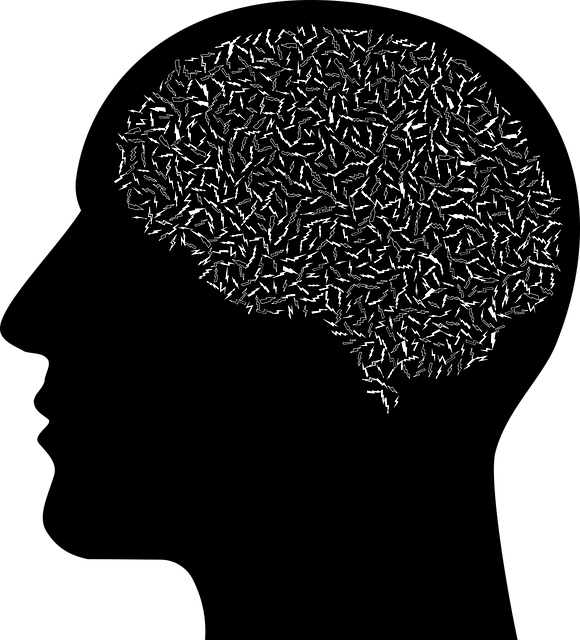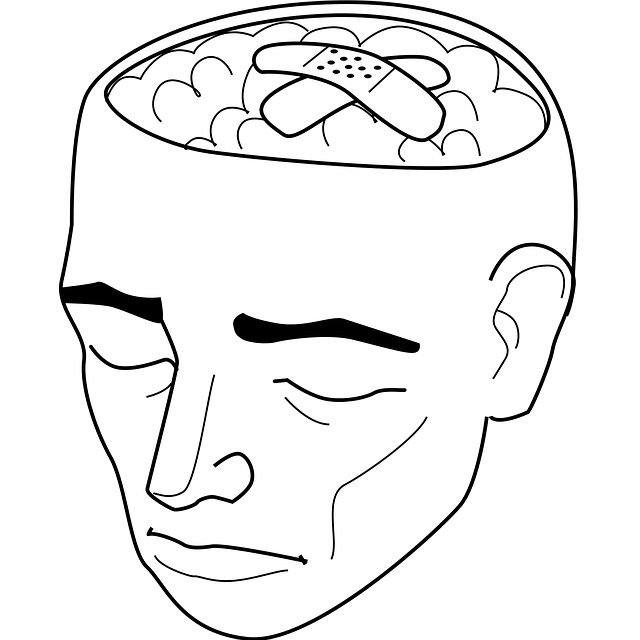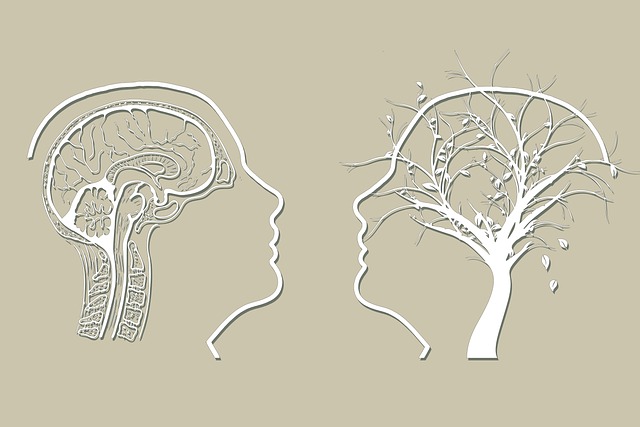Lone Tree Self-Esteem Therapy focuses on mental health literacy, empowering individuals to recognize and address issues through education. Tailored sessions for adolescents, young adults, and underserved communities target pressures like social media influence and academic stress. The program integrates emotional intelligence, stress management workshops, and journaling exercises to enhance self-awareness and build resilience. Interactive content, cultural sensitivity, and practical tools ensure engagement while evaluation methods assess long-term impact, refining program design.
Mental health literacy is a powerful tool for fostering self-esteem and overall well-being. The design of an effective Lone Tree Self-Esteem Therapy program requires a holistic approach, addressing key components to create meaningful impact. This article explores the intricate process of crafting such a program, from understanding the significance of mental health education to identifying target audiences and designing engaging content. We also delve into evaluation methods to ensure long-term success, ultimately enhancing self-esteem within the community.
- Understanding Mental Health Literacy and Its Impact on Self-Esteem
- Identifying Target Audiences for Lone Tree Self-Esteem Therapy Program
- Key Components of an Effective Mental Health Education Program
- Designing Engaging Content: Strategies to Boost Participation
- Measuring Success: Evaluation Methods for Long-Term Impact
Understanding Mental Health Literacy and Its Impact on Self-Esteem

Mental health literacy refers to the knowledge and understanding individuals have about mental illnesses, their causes, symptoms, and available treatments. It plays a pivotal role in fostering self-esteem and overall well-being. When people are equipped with this knowledge, they can better recognize their own mental health issues or those of others, leading to timely interventions and support-seeking behaviors. This proactive approach can significantly reduce the stigma associated with mental illness and encourage individuals to prioritize their psychological well-being.
In the context of Lone Tree Self-Esteem Therapy, promoting mental health literacy is an essential component of comprehensive therapy sessions. By integrating educational components that focus on emotional intelligence and inner strength development, therapists empower clients to manage stress effectively through evidence-based strategies. Moreover, regular participation in Stress Management Workshops organized by such therapeutic centers can equip individuals with practical tools to navigate life’s challenges, thereby enhancing their resilience and self-esteem.
Identifying Target Audiences for Lone Tree Self-Esteem Therapy Program

Identifying target audiences is a crucial step in designing an effective Lone Tree Self-Esteem Therapy Program. The program should be tailored to meet the specific needs of individuals who are most likely to benefit from self-esteem enhancement. This includes adolescents and young adults, as this demographic often faces unique pressures related to academic performance, social media influence, and identity formation. Many young people struggle with issues like anxiety, depression, and low self-worth, which can be addressed through targeted therapy sessions.
Furthermore, the program should consider individuals within the community who may have limited access to mental health resources. This might include underserved populations, such as those from lower socioeconomic backgrounds or cultural groups with less awareness of mental health services. By reaching these target audiences, Lone Tree Self-Esteem Therapy can contribute to broader Mental Health Awareness and offer much-needed Depression Prevention and Anxiety Relief strategies within the community.
Key Components of an Effective Mental Health Education Program

An effective mental health education program should incorporate several key components to foster meaningful impact and lasting change. Firstly, Lone Tree Self-Esteem Therapy can play a pivotal role in enhancing self-awareness and building resilience among participants. Through interactive sessions tailored to individual needs, this therapeutic approach empowers individuals to cultivate a positive self-image and develop coping strategies for stress and anxiety.
Additionally, integrating Cultural Sensitivity in Mental Healthcare Practice is essential to ensure inclusivity and effectiveness. Programs should be designed with an understanding of diverse cultural backgrounds, incorporating perspectives that resonate with different communities. This might involve adapting activities, providing multilingual resources, or inviting culturally diverse speakers to share their experiences. Incorporating Stress Management Workshops Organization offers practical tools for managing daily stressors, promoting mindfulness, and teaching relaxation techniques. Encouraging participants to engage in Mental Wellness Journaling Exercise Guidance can further support their emotional processing and self-reflection journey by providing a safe space to articulate thoughts and feelings.
Designing Engaging Content: Strategies to Boost Participation

Designing engaging content is key to fostering active participation in mental health education programs. Incorporating interactive elements and diverse learning formats can significantly enhance the overall experience for participants, especially when tailored to individual preferences and learning styles. For instance, integrating practical exercises like Mental Wellness Journaling allows individuals to reflect on their emotional healing processes, fostering a sense of ownership over their mental wellness journey. This active approach not only promotes self-awareness but also strengthens the connection between theoretical concepts and real-life applications.
Additionally, incorporating strategies such as Emotional Healing Processes guidance and Conflict Resolution Techniques can provide valuable tools for participants to navigate challenging situations effectively. By presenting these techniques through engaging scenarios or role-play activities, individuals are more likely to remember and apply them in their daily lives, ultimately bolstering their resilience and overall mental health. This hands-on learning approach ensures that the program content resonates with the audience, encouraging continuous engagement and personal growth.
Measuring Success: Evaluation Methods for Long-Term Impact

Evaluating the success of a mental health education program is crucial to understanding its long-term impact and effectiveness. This process involves systematic methods to measure changes in participants’ mental well-being, attitudes, and behaviors post-program and at various intervals thereafter. One powerful tool for assessing the sustainability of learning is longitudinal follow-up, where individuals are re-evaluated after several months or years to track their mental health journey.
In the context of Lone Tree Self-Esteem Therapy, for instance, evaluation methods might include pre- and post-program surveys, interviews, and self-report measures to gauge improvements in self-esteem, resilience, and stress management skills. Additionally, participating organizations could employ qualitative strategies like focus groups or feedback sessions to gather insights into the program’s influence on empathy building and social connections. Such comprehensive evaluation methods provide valuable data for refining Mental Health Education Programs Design and ensuring that Stress Management Workshops Organization remain relevant and impactful over time.
The design of a robust mental health education program, such as the Lone Tree Self-Esteem Therapy initiative, involves a strategic blend of literacy enhancement, tailored audience engagement, and comprehensive evaluation. By incorporating key components like interactive content and measurable outcomes, this program aims to positively impact self-esteem and overall well-being. Through effective design and continuous evaluation, Lone Tree Self-Esteem Therapy can become a powerful tool in fostering mental resilience and enhancing the lives of its participants.














